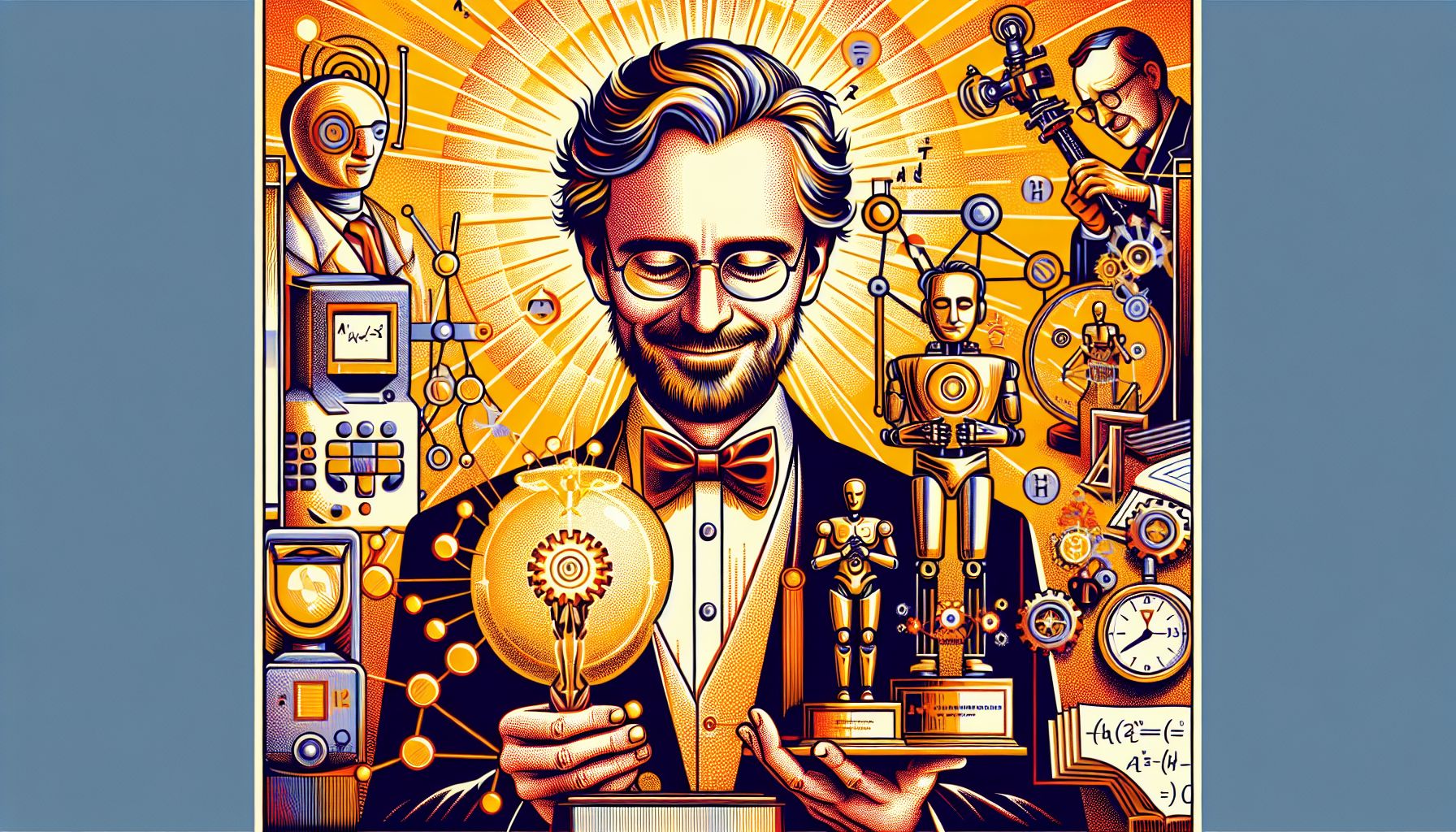David Abbink Awarded Prestigious Stevin Prize for Human-Robot Interaction Research

TU Delft Professor David Abbink receives the Stevin Prize and 1.5 million euros for his groundbreaking work in human-robot interaction, highlighting the societal impact of his research.
Research and Societal Impact
David Abbink, a professor at TU Delft, has been recognized with the Stevin Prize for his pioneering work in human-robot interaction. This prestigious award, which includes a grant of 1.5 million euros, is one of the highest accolades in Dutch science. Abbink’s research focuses on improving the collaboration between humans and robots, aiming to address societal challenges such as labor shortages and the aging population. His work emphasizes the importance of not creating robots that mimic humans but rather enhancing the work environment for people.
Transdisciplinary Approach
Abbink’s unique transdisciplinary approach brings together experts from various fields, including engineers, designers, and social scientists, to create innovative solutions. His research and innovation center, FRAIM, fosters collaboration among these diverse disciplines to develop robotics that support workers rather than replace them. Successful projects under his leadership include collaborations with Erasmus MC and Schiphol Airport, where his team has developed practical applications that demonstrate the societal impact of his research.
Recognitions and Achievements
The Stevin Prize jury praised Abbink for his ability to connect science, innovation, and society, recognizing him as a leader in his field. His work has not only been influential in the scientific community but has also garnered admiration for its practical applications. Abbink’s development of a haptic feedback gas pedal, used by several car manufacturers, and his remote-controlled robots for underwater and space exploration are notable examples of his contributions.
Future Plans and Utilization of the Prize
Abbink plans to use the Stevin Prize funding to further his research and support his team. He aims to invest in people and knowledge to ensure the continuity and sustainability of his projects. The prize will enable his team to focus on long-term goals without the constant need to secure fragmented funding. His vision is to shape a meaningful future of work, making it economically viable and valuable for society.

